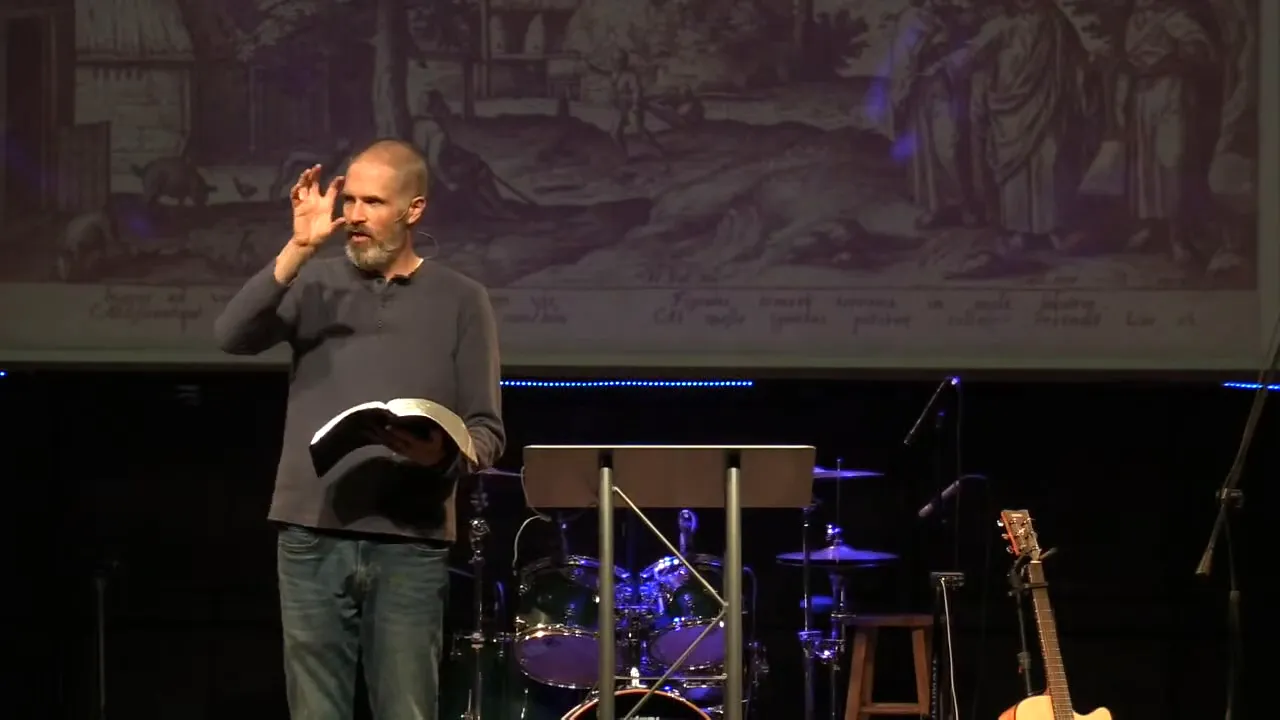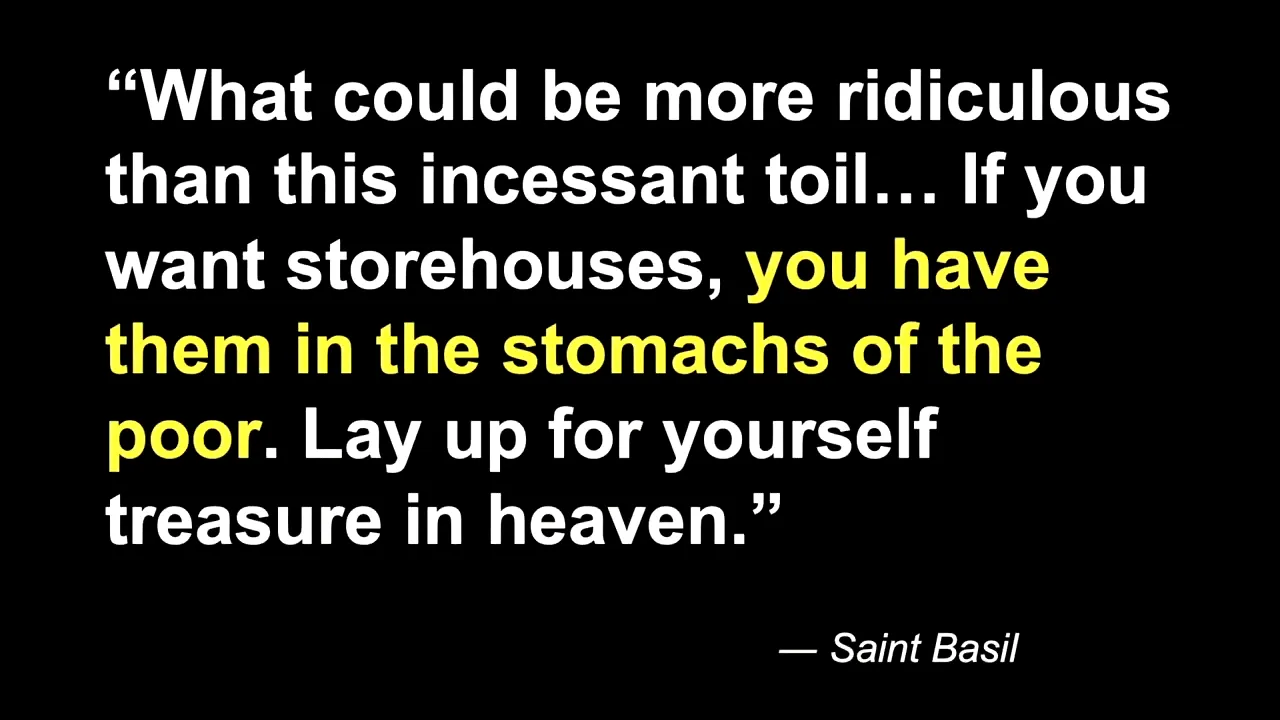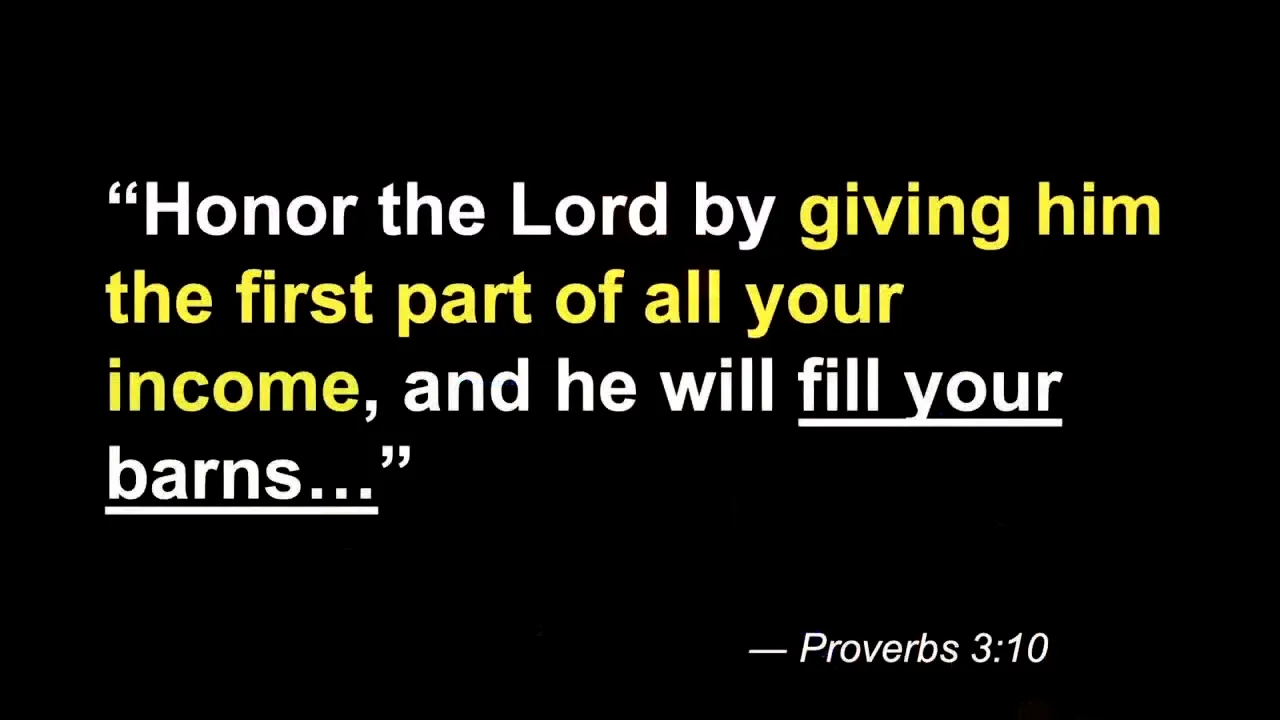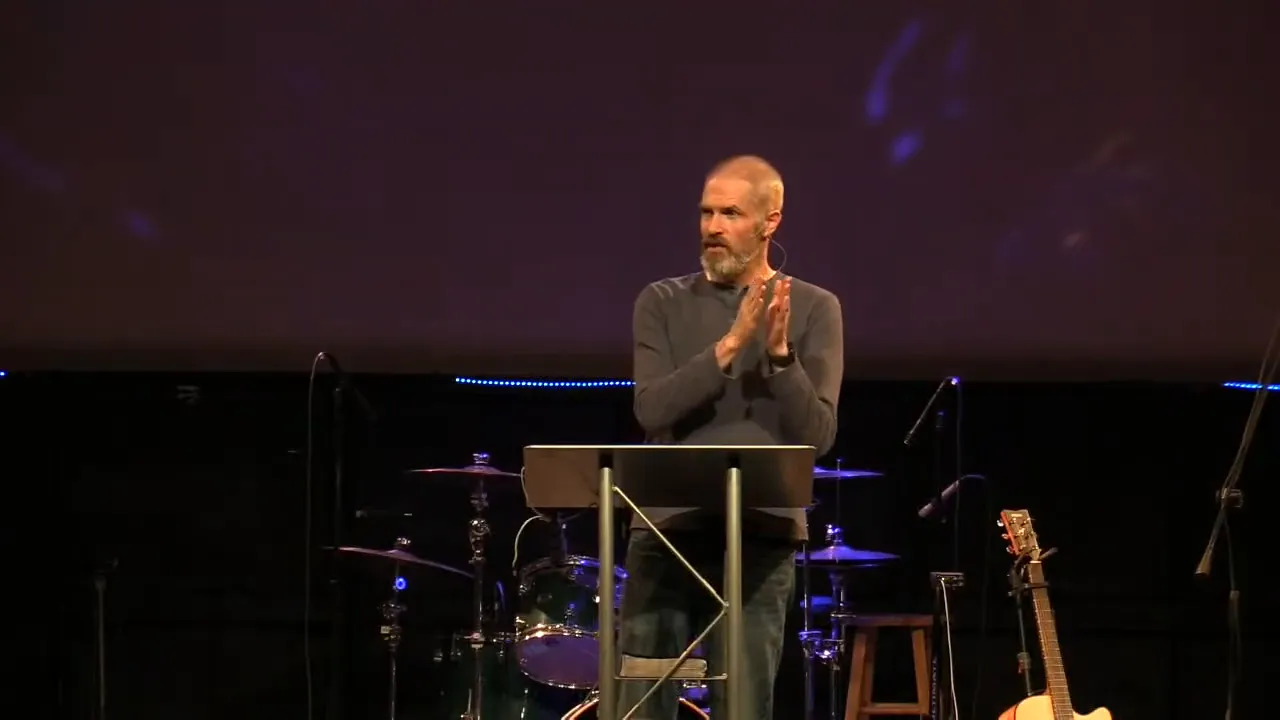The Pursuit of Happiness: Wealth vs. Spiritual Fulfillment
In a recent survey published by the Wall Street Journal, a striking 70% of respondents affirmed that having more money would make them happier or resolve most of their problems. This statistic resonates deeply in our culture, where the pursuit of wealth often equates to the pursuit of happiness. But does money truly hold the key to our well-being? Let’s dive deeper into this notion and explore what Jesus had to say about wealth and fulfillment.
The Money Paradox
Consider this: even among millionaires, the quest for more wealth persists. A study conducted in 2018 revealed that over half of individuals with a net worth of ten million dollars believed they would need at least a 50% increase in their wealth to achieve happiness. This raises a profound question: if those who are financially secure still yearn for more, what does that say about our understanding of happiness?
It appears that the pursuit of wealth resembles a black hole—an endless chase where satisfaction remains perpetually out of reach. Picture a hamster on a wheel, tirelessly running but never moving forward. This analogy encapsulates the experience of many striving for financial gain, only to find that true contentment eludes them.
The Rich Fool: A Lesson from Jesus
Jesus addressed the pitfalls of wealth directly through the Parable of the Rich Fool, found in Luke 12. This story features a prosperous farmer who, overwhelmed by his abundant harvest, decides to tear down his barns and build larger ones to hoard his wealth. He plans to relax and enjoy life, believing he has secured his future.
However, God intervenes, calling him a fool and declaring that his life will be demanded that very night. The ultimate takeaway? “Yes, a person is a fool to store up earthly wealth but not have a rich relationship with God.” This parable underscores a crucial distinction: it is not the act of saving that is foolish, but the prioritization of earthly wealth over spiritual richness.

Wealth and Its Illusions
Jesus’ teachings challenge us to reconsider our values. In a culture that often equates worth with material possessions, it’s easy to assume that wealth signifies virtue or success. We see someone driving a luxury car and instinctively think they must be doing something right. But this overlooks the reality that wealth can be built on shaky foundations, such as debt or unethical practices.
In Luke 12:20, God’s declaration to the rich farmer serves as a wake-up call: “You fool! You will die this very night, and then who will get everything you worked for?” This stark reminder compels us to reflect on our own lives and the things we prioritize. Are we investing in what truly matters, or are we merely chasing after fleeting material gains?
Shifting Our Focus
Saint Basil once remarked on the absurdity of relentless toil for material wealth, suggesting that true storehouses lie in the stomachs of the poor. Instead of hoarding resources for ourselves, we should consider how we can use our wealth to uplift others. The essence of generosity lies in sharing what we have and making a tangible difference in the lives of those around us.

Life Beyond Materialism
As we navigate life, it’s essential to recognize that material possessions do not accompany us beyond the grave. The notion of driving a U-Haul to our final resting place is laughable, yet it illustrates a profound truth: we cannot take our wealth with us. Instead, we should focus on building relationships and cultivating character, as these are the legacies we leave behind.
Saint Augustine poignantly stated, “The things which we cannot take with us are not ours. Only virtue will be our companion when we die.” This perspective invites us to invest in our spiritual health and relationships rather than merely accumulating wealth.
Generosity as a Counter-Cultural Value
In today’s world, where consumerism reigns supreme, embracing a generous spirit can feel counter-cultural. Yet, Jesus calls us to live differently. The wisdom literature of Proverbs advises us to honor God by giving the first part of our income, promising that He will fill our barns. This encourages us to view wealth as a tool for good rather than a means of hoarding.

Practical Steps Towards Generosity
As we reflect on these teachings, it’s essential to consider practical steps we can take toward a more generous lifestyle. Here are three actionable options:
- Financial Peace University: If you’re feeling overwhelmed by financial stress, consider enrolling in Financial Peace University. This program offers free resources to help you regain control of your finances and set you on a path toward generosity.
- Explore Generosity: If you’re ready to take the leap into giving, explore various options available to you. Whether it’s weekly donations, monthly contributions, or even donating items like cars, every act of kindness counts.
- Estate Planning: Consider your long-term impact by planning your estate thoughtfully. Partnering with organizations that help facilitate charitable giving can ensure your legacy positively affects future generations.
Ultimately, embracing a spirit of generosity aligns us with God’s heart for His people. It encourages us to support those in need and fosters a sense of community and connection.
Conclusion: Choosing Generosity Today
As we conclude, let’s remember that the pursuit of happiness is not found in the accumulation of wealth but in fostering rich relationships and a deep connection with God. In a culture that often prioritizes materialism, let’s choose to be counter-cultural, reflecting God’s generosity in our lives. By aligning our hearts with His, we can make a meaningful impact in our communities and beyond.

